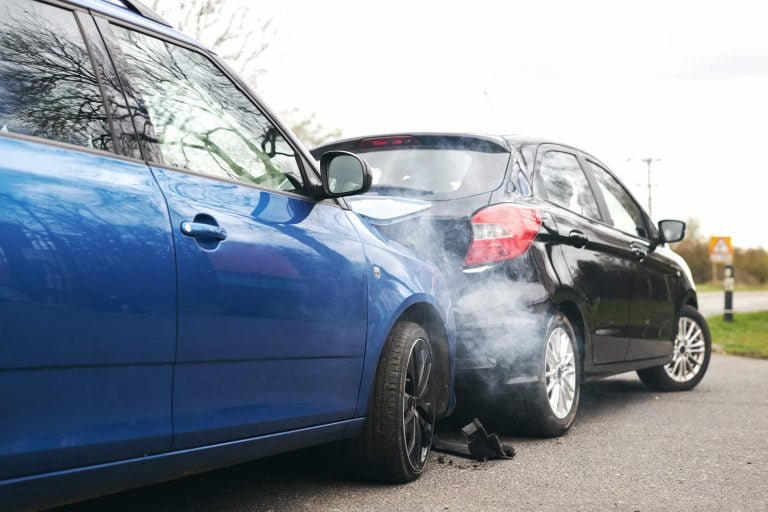Navigating the aftermath of a car accident in South Carolina involves more than just addressing physical injuries and vehicle damages. Victims find themselves submerged in paperwork ranging from police reports to insurance claims, medical documents, repair estimates, and an overwhelming amount of bills. Among these documents, the South Carolina FR-10 form stands out as a critical item that requires timely attention and completion.
Understanding South Carolina’s Mandatory Liability Insurance
In South Carolina, the law mandates all drivers to carry liability insurance, ensuring coverage in the event of an accident. Operating a vehicle without this insurance is illegal and can significantly impact the resolution of accident-related claims.
When Are Accident Reports Required?
Not every vehicular incident in South Carolina necessitates an official accident report. Minor accidents, particularly those without injuries or with damages below $1,000, may not require formal documentation. However, if law enforcement officers attend the scene, they are obliged to file a report with the South Carolina Department of Public Safety, regardless of the accident’s severity. In such cases, officers will also distribute an FR-10 form to each driver involved. This form becomes mandatory if there’s property damage exceeding $400, regardless of whether the police conducted an investigation.
The Role and Importance of the FR-10 Form
The FR-10, also known as the Insurance Verification Form, is a crucial document issued by police to drivers immediately following an accident. This green paper serves a vital function, confirming that the vehicle involved is insured in accordance with state requirements. It is important to note that the FR-10 is distinct from the official police report; it requires completion by both the driver and their insurance company. Failing to submit this form within the stipulated time frame may lead to legal consequences.
Submission Deadlines and Legal Requirements
The law provides a 15-day period following the accident for drivers to complete and return the FR-10 form to the South Carolina Department of Motor Vehicles. This can be done either electronically or by mail, adhering to a legal requirement that ensures all parties involved maintain the necessary insurance coverage.
No-Fault Requirement for FR-10 Submission
It is essential to understand that the obligation to submit an FR-10 form does not depend on who was at fault in the accident. All drivers involved are required to complete and submit the form as a measure to verify proper liability insurance coverage.
Consequences of Non-Compliance
Not submitting the FR-10 form is taken as evidence of insurance non-compliance under South Carolina law, leading to penalties such as suspension of the driver’s license and vehicle registration. This action underscores the importance of maintaining insurance coverage and adhering to post-accident procedures.
Dealing with Uninsured At-Fault Drivers
Accidents involving uninsured at-fault drivers pose a significant challenge. In such situations, victims may seek compensation through their own insurance policy’s uninsured motorist coverage, which applies to both property damage and personal injuries. Consulting with an experienced personal injury attorney can make sure you know your rights and receive proper compensation when you are in an accident caused by an uninsured driver.
Seeking Legal Assistance
For those involved in a car accident in South Carolina, especially when injuries are due to another’s negligence, legal support can be invaluable. Law firms like Proffitt & Cox offer assistance with navigating the complexities of accident-related claims.
Prompt Insurance Notification
Victims should promptly notify their insurance company following an accident. This ensures compliance with policy requirements and facilitates the claims process, safeguarding against potential complications.
Filling out a DMV form, like the South Carolina FR-10 form, is probably the last thing on your mind when you’ve been in an accident, especially if you’ve been seriously injured. While the penalty for not filling it out is not life-or-death (it’s a license suspension), it’s still important that you keep the form on your checklist for what to do when you’re in an accident. And if you are in an accident and would like to talk over your options for claims, DMV forms, and injury compensation, we offer a free consultation in injury cases – reach out and get started today.





